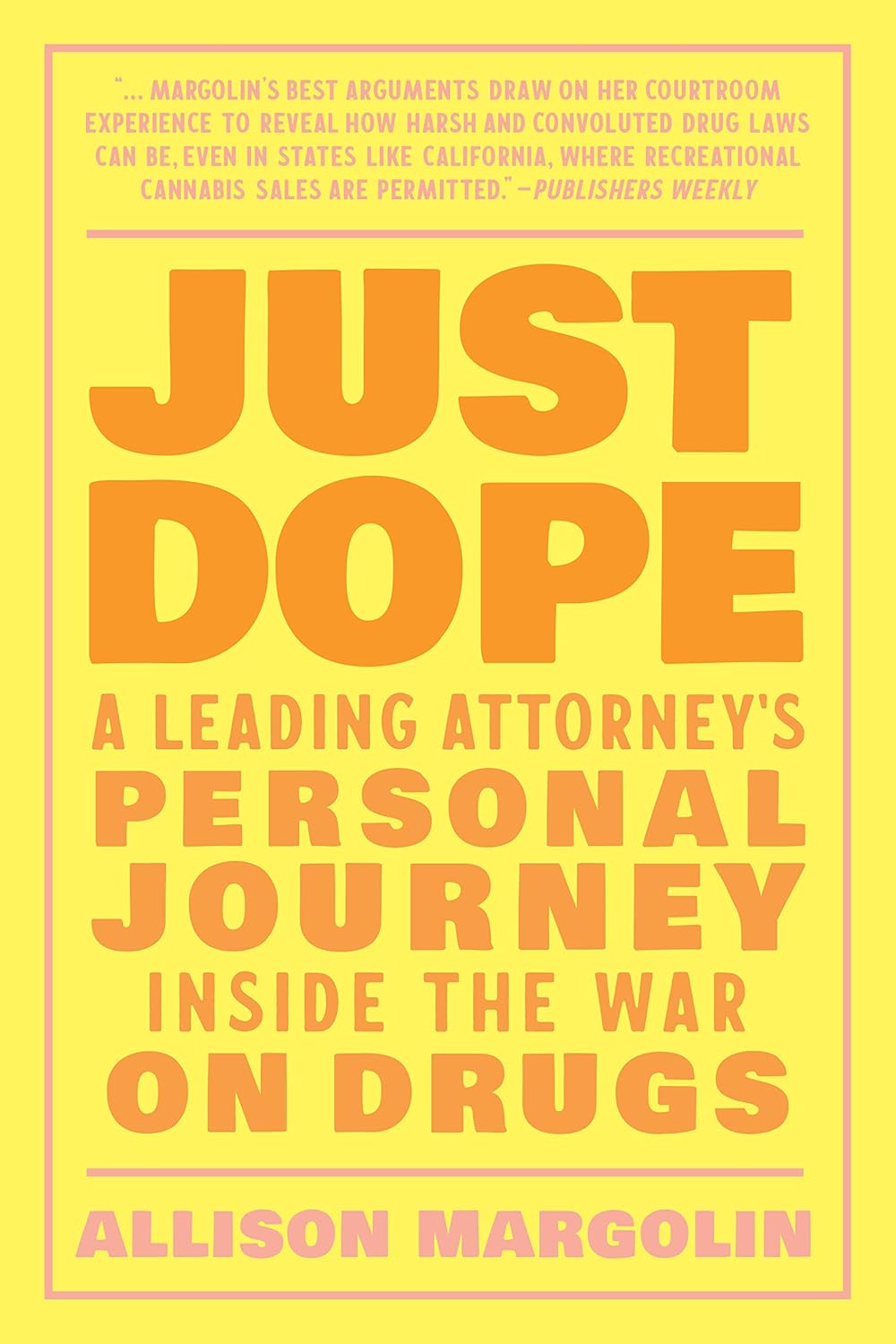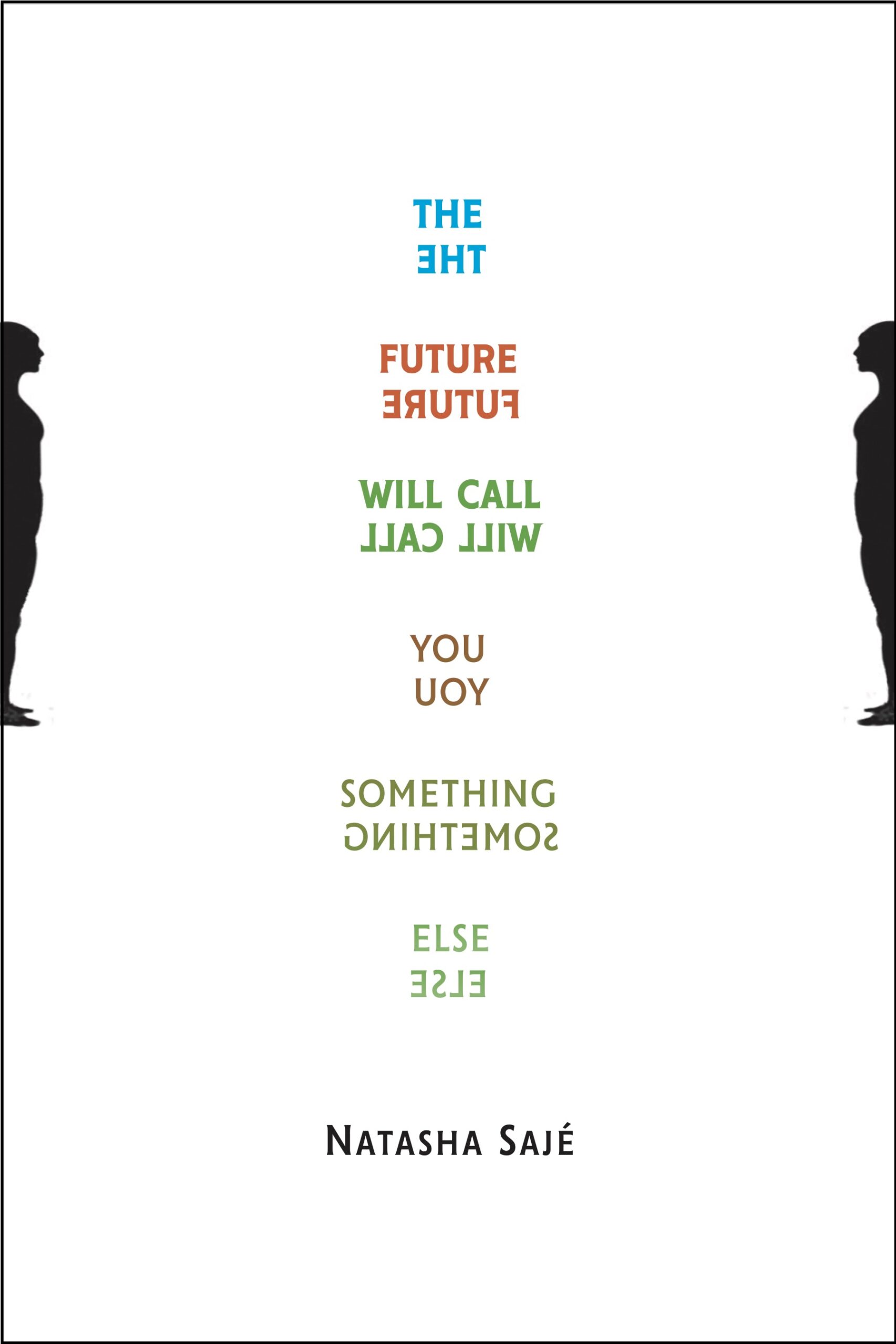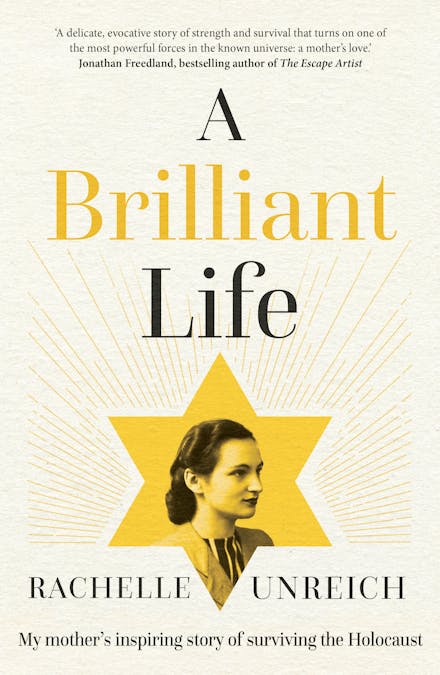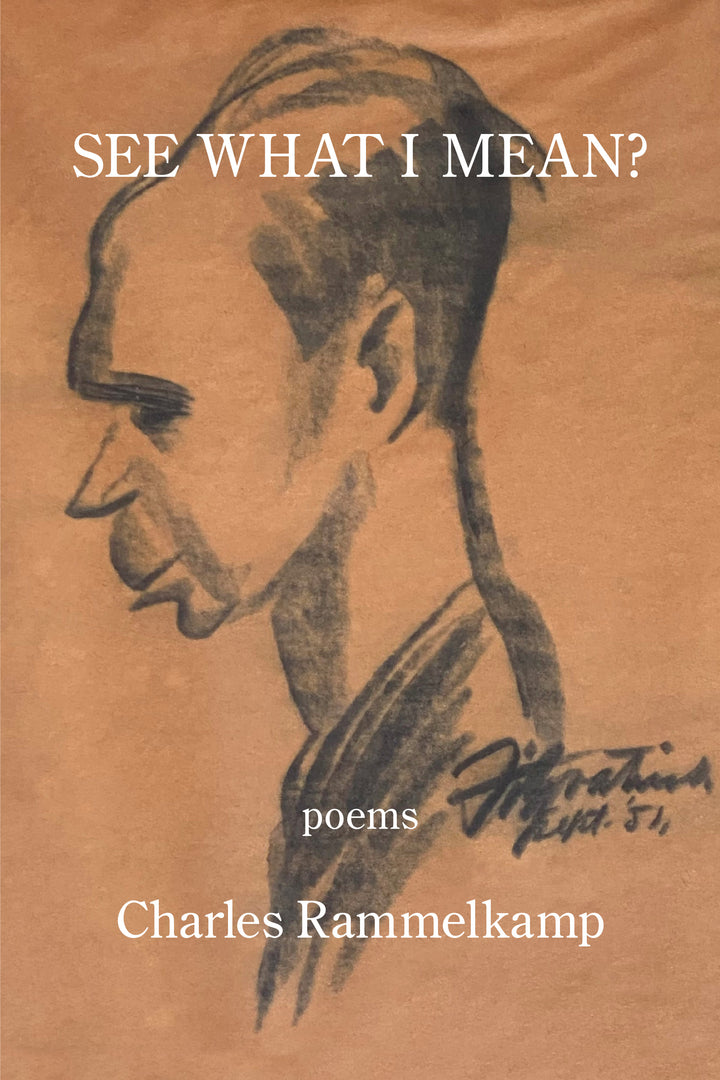 It would be easy to call her a chip off the old block, but it would also be wrong. Margolin makes it crystal clear that she hasn’t rode in on anyone’s coattails in becoming herself a well-known marijuana defense attorney that has witnessed firsthand the hypocrisy of America’s War on Drugs, which has always been primarily a war on marijuana, for the bulk of her entire life.
It would be easy to call her a chip off the old block, but it would also be wrong. Margolin makes it crystal clear that she hasn’t rode in on anyone’s coattails in becoming herself a well-known marijuana defense attorney that has witnessed firsthand the hypocrisy of America’s War on Drugs, which has always been primarily a war on marijuana, for the bulk of her entire life.
A review of The Future Will Call You Something Else by Natasha Sajé
 In each of the five sections of the collection, she points to the limits of our control—as the title suggests, whoever we think we are, the future will see us differently. Yet, Sajé encourages these difficult conversations because through language we have the chance of being heard, and for better or worse, the reassurance that we belong to the world.
In each of the five sections of the collection, she points to the limits of our control—as the title suggests, whoever we think we are, the future will see us differently. Yet, Sajé encourages these difficult conversations because through language we have the chance of being heard, and for better or worse, the reassurance that we belong to the world.
A review of Rhododendrons by Sreetanwi Chakraborty
 The novel has a splash of colours on the cover, drawn by the author herself, depicting Rhododendron flowers, from which the title of the book is derived. The plural of Rhodendron might be a pointer to sundry memories and characters that people the canvas, and in singular this would be just the protagonist. If we allow our imagination to stretch a bit, it might mean the protagonist and her dear ones, as all are colourful like the Rhododendrons.
The novel has a splash of colours on the cover, drawn by the author herself, depicting Rhododendron flowers, from which the title of the book is derived. The plural of Rhodendron might be a pointer to sundry memories and characters that people the canvas, and in singular this would be just the protagonist. If we allow our imagination to stretch a bit, it might mean the protagonist and her dear ones, as all are colourful like the Rhododendrons.
A review of The Storm by Mark Lipman
 Lipman’s poetic style is obviously drawn from his world travel and experiences interviewing different people, seeking new adventures, and gaining an intimate knowledge of wide-ranging cultures and beliefs. This has given a unique perspective to his poems.
Lipman’s poetic style is obviously drawn from his world travel and experiences interviewing different people, seeking new adventures, and gaining an intimate knowledge of wide-ranging cultures and beliefs. This has given a unique perspective to his poems.
A review of Tender Machines by J. Mae Barizo
 It is a book of personal revelations and truths, some raw and shocking that are intimate to the core. It is a book about women contemplating their fate in what still seems to be a man’s world. It is a book about loss of self in a country that was a coloniser of ancestors. It is the feeling of not knowing who you are and where to hide.
It is a book of personal revelations and truths, some raw and shocking that are intimate to the core. It is a book about women contemplating their fate in what still seems to be a man’s world. It is a book about loss of self in a country that was a coloniser of ancestors. It is the feeling of not knowing who you are and where to hide.
A review of Ian Fleming: The Complete Man by Nicholas Shakespeare
 It’s not the purpose of this review to repeat much, or any, of Fleming’s life, his various jobs, relationships and in particular his wartime experiences. That’s what the book is for. Whether one ends up liking or disliking Fleming, thinking the (in my opinion mostly rather awful) Bond novels were the result of a midlife crisis or a desire to make money out of real or second-hand experiences, is a toss-up. But certainly Shakespeare has given his readers every chance to decide, on a good deal of evidence.
It’s not the purpose of this review to repeat much, or any, of Fleming’s life, his various jobs, relationships and in particular his wartime experiences. That’s what the book is for. Whether one ends up liking or disliking Fleming, thinking the (in my opinion mostly rather awful) Bond novels were the result of a midlife crisis or a desire to make money out of real or second-hand experiences, is a toss-up. But certainly Shakespeare has given his readers every chance to decide, on a good deal of evidence.
A review of A Brilliant Life by Rachelle Unreich
 Unreich tells her mother’s story with an immediacy that feels close. Though Mira sees some of the worst of what human beings are capable of, she talks about her luck, and the goodness of people. Even in the midst of her worst hunger and bleakest moments, Mira never stops being a beacon of hope for those around her.
Unreich tells her mother’s story with an immediacy that feels close. Though Mira sees some of the worst of what human beings are capable of, she talks about her luck, and the goodness of people. Even in the midst of her worst hunger and bleakest moments, Mira never stops being a beacon of hope for those around her.
A review of See What I Mean by Charles Rammelkamp
 What a delicious literary emporium See What I Mean is, with treasures waiting to be unearthed and read. In this age of the hermeneutic and precious, Rammelkamp gets down to the itty-gritty of poetry and existence using the language of real people to help us see the complexities and complicities of our lives.
What a delicious literary emporium See What I Mean is, with treasures waiting to be unearthed and read. In this age of the hermeneutic and precious, Rammelkamp gets down to the itty-gritty of poetry and existence using the language of real people to help us see the complexities and complicities of our lives.
A review of The Unreal City by Mike Lala
 There is a lot of muscular movement in Lala’s poems. The poet’s interest (almost what seems to be an obsession) in labor and work defined through movement can be read in My Receipt, a poem about him being a spectator in a theater: “… his knees, his body at work, / part/ of a sum / (a company): men together — their bodies / in labor together, / for whom the audience puts their hands together”.
There is a lot of muscular movement in Lala’s poems. The poet’s interest (almost what seems to be an obsession) in labor and work defined through movement can be read in My Receipt, a poem about him being a spectator in a theater: “… his knees, his body at work, / part/ of a sum / (a company): men together — their bodies / in labor together, / for whom the audience puts their hands together”.
A review of Aboard the Time Line by Bastian Gregory
 Young readers will be entertained and find the story educational. Bastian Gregory has a creative mind, describing settings in detail as well as all kinds of different creatures. I admired Pete because he represents the virtue of friendship. Even when he is concerned that he can’t solve a problem, he does everything he can to help others and never gives up.
Young readers will be entertained and find the story educational. Bastian Gregory has a creative mind, describing settings in detail as well as all kinds of different creatures. I admired Pete because he represents the virtue of friendship. Even when he is concerned that he can’t solve a problem, he does everything he can to help others and never gives up.